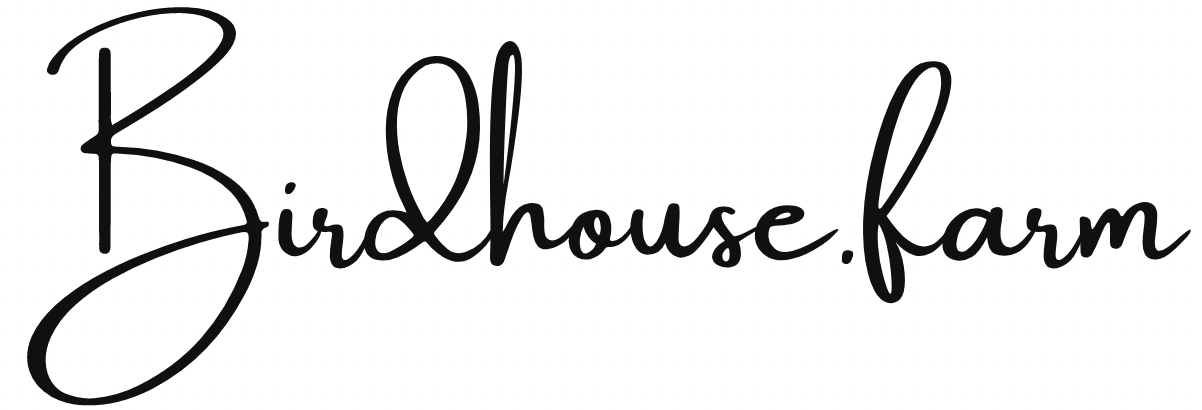Rachel Carson's Legacy: Letting Your Lawn Run Wild for a Healthier Planet!
Rachel Carson, the renowned environmentalist and author of Silent Spring, has profoundly influenced the way we think about our natural surroundings and our responsibility towards them. Her groundbreaking work, which revealed the harmful effects of pesticides on the environment, particularly on birds and other wildlife, has laid the foundation for modern environmentalism. For the members of the "Freedom Not to Mow" movement, Carson's insights and advocacy offer invaluable guidance on promoting biodiversity, reducing chemical use, and fostering sustainable practices in our gardens and lawns.
Carson's revelations about the pervasive and often indiscriminate use of pesticides, such as DDT, underscore the importance of understanding and minimizing chemical usage in lawn care. In Silent Spring, she documented how these chemicals not only killed pests but also had devastating effects on non-target species, including beneficial insects and birds. Members of the "Freedom Not to Mow" movement can take a cue from Carson by advocating for the reduction or elimination of synthetic pesticides and fertilizers. Instead, they can promote the use of natural and organic alternatives that are safer for the environment and human health, helping to create healthier, more resilient ecosystems.
A key theme in Carson's work is the interconnectedness of all living things and the delicate balance within ecosystems. She highlighted how chemical interference disrupts natural processes and harms wildlife. This understanding is central to the "Freedom Not to Mow" movement, which encourages the growth of native plants and wildflowers by reducing mowing frequency. Allowing lawns to grow naturally not only provides critical habitats for insects, birds, and other wildlife but also supports the complex web of life that sustains healthy ecosystems. By following Carson's lead, movement members can enhance biodiversity and promote ecosystem health right in their backyards.
Carson's ability to communicate complex scientific concepts to a broad audience played a pivotal role in raising public awareness about environmental issues. Her work led to significant policy changes, including the eventual ban on DDT and the establishment of the Environmental Protection Agency (EPA). The "Freedom Not to Mow" movement can draw inspiration from Carson's approach to public education and advocacy. By educating communities about the benefits of natural lawn care and the environmental impact of conventional practices, members can foster a culture of sustainability. Raising awareness and promoting simple actions like reducing mowing can have a substantial impact on local biodiversity and environmental health.
In embracing sustainable practices, Carson's work teaches us about the long-term consequences of our actions on the environment. The "Freedom Not to Mow" movement can contribute to a more sustainable future by adopting practices such as composting, rainwater harvesting, and planting native species. These actions not only benefit current ecosystems but also ensure a healthier planet for future generations. Rachel Carson's legacy of environmental stewardship and her commitment to biodiversity provide a powerful framework for the movement. By following her principles, members can create resilient, biodiverse landscapes that support a thriving natural world, demonstrating that small changes in our gardening practices can lead to significant environmental benefits.


